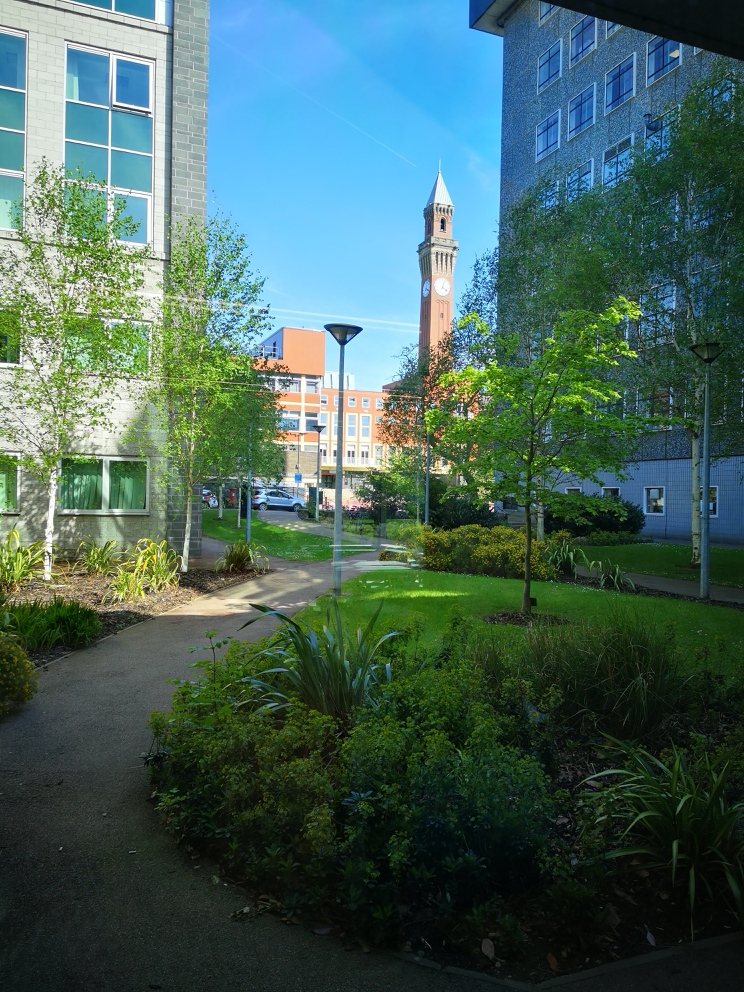
There’s something incredibly disheartening about sitting inside on a day when the sky is clear blue and it’s actually warm, but alas that is what university becomes in third year. Day on day in the study area of choice, staring at computers, writing dissertations and assignments before the final hurdle: Exams. I’m not going to lie, I hate exams and studying them often begins to feel like a curse. I have two exams coming up and it feels like all I’ve been doing this year is reading about Environmental Legislation and Brominated Fire Retardants.
I’m lucky in the sense that I genuinely do love my degree. I find the content interesting and most of the time I actually quite enjoy reading research papers, something that a lot of people don’t have access to. It makes me feel more confident in my beliefs knowing I can back it up with scientific data and that I can check that what I believe makes sense. There are a lot of problems that come from the lack of access to education, and that’s what I want to talk about.
The concept of education on environmental topics was my initial idea for this blog, as I discussed in my first post. My dissertation showed me that a lot of people simply don’t have the time or access to fully research things; it’s not that they don’t care, they just don’t know how to care effectively. Honestly, research papers can be so inaccessible even if you can get into them in the first place. The writing style of many educated people is very overly complex and it adds nothing to the paper, just makes it harder to want to read it.
So how can we go about learning better? How can we look at research papers without university? Is there any point in trying at all? (Spoiler: the answer is yes.) So here’s some ways to access research papers and to stay educated even without a ton of time. I won’t even mention this blog in the list!
- Unpaywall- I recently downloaded this attachment for my browser and it’s really helpful. It tells you whether there is a free and legal way to access the paper where you can actually read it with the little padlock at the side of your screen. So if you really want to read something but don’t have a university login or the money to pay hundreds of pounds for academic paper subscriptions, take a look. It doesn’t bother or make a difference unless you’re looking at a page with academic papers and it works fab with google scholar too. Here’s the link: http://unpaywall.org/welcome.

- Ask- Since coming to university, something I’ve learnt quite closely is that lecturers and academics love Twitter- and I do mean love. Almost all of my lecturers use it, more than the students, and they post about the research on there. With Twitter, you can see what they’re looking at but also have a way to chat to the authors- many will happily send you over a copy if you ask or will at least have a chat with you about it. It’s well worth it if you’re interested! The worst they can say is no, so if you fancy reading about random academic research mixed with Brexit rants and complaints about academics then look no further than the world of academic Twitter.

- Sources- In school, we always got told that Wikipedia was a terrible resource, not to use it to write anything because it’s all lies. In their defence, it can be but only if you don’t use it right. To this day, I still use Wikipedia to get an idea of the basic concepts I need to understand on an essay and find some starting sources; the references section at the bottom of a wiki is a lifesaver. There’s nothing wrong with looking at crowdsourced data, but it’s always worth checking the sources. It would be great to be able to trust everyone to know everything but everyone is still learning something! Even online newspaper articles often have sources linked, and they’re often pretty detailed and easy to access.
I know there are barriers to education especially when it comes to the academic world, but I really want to help break them down. Education for all is a right and if I ca spread just a little bit of what I have access too then I feel I’ve succeeded. Hope you’ve all enjoyed this blog post! Has anyone used unpaywall before? Let me know what you think!